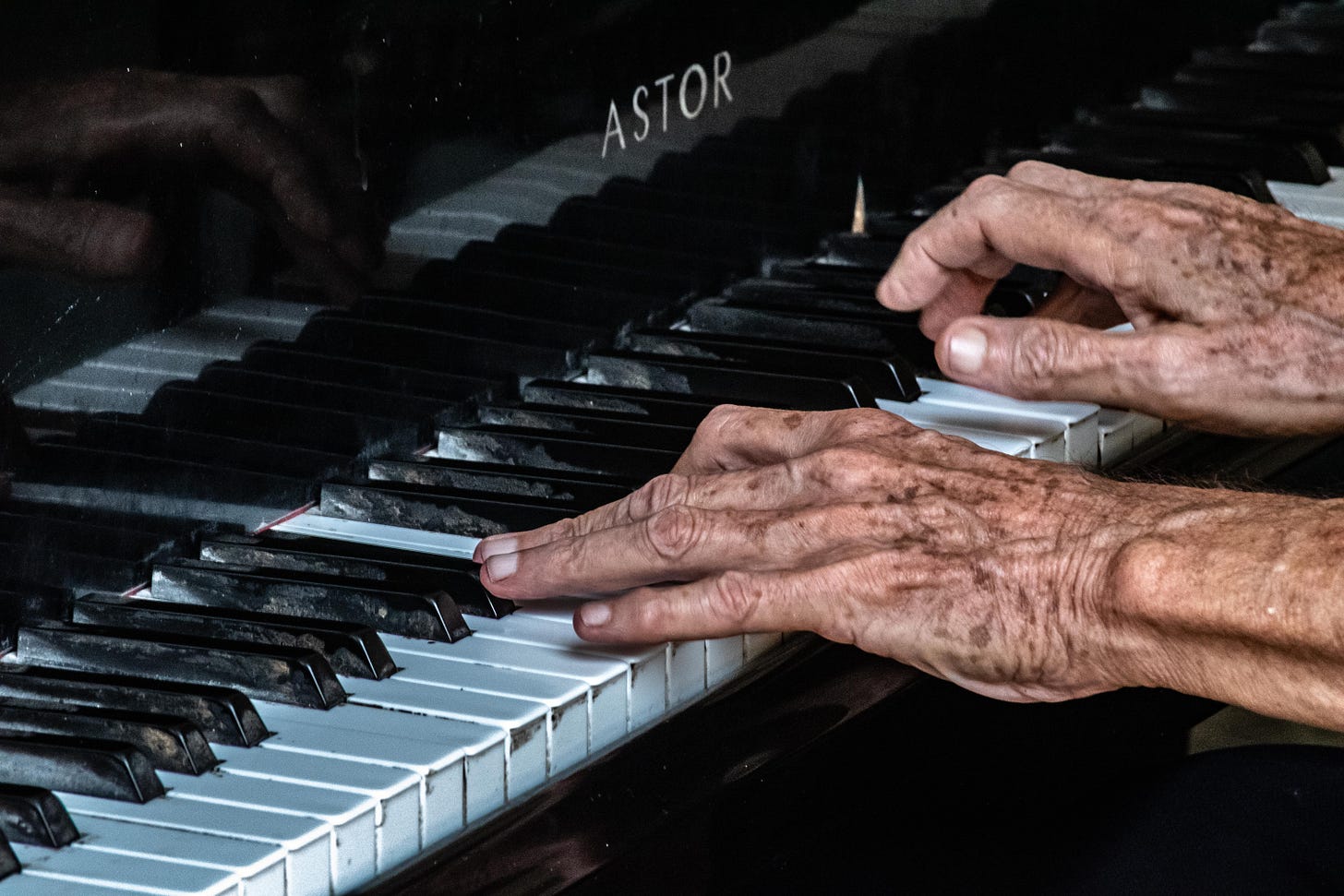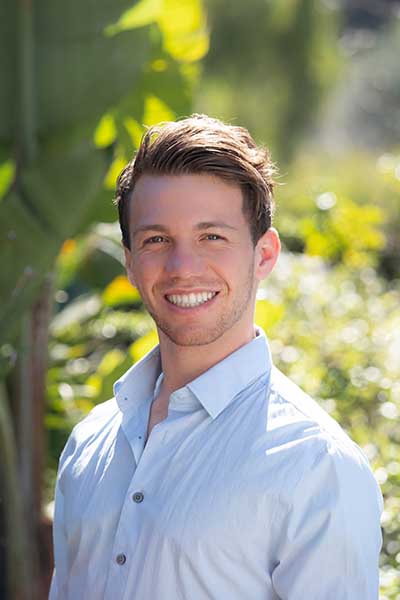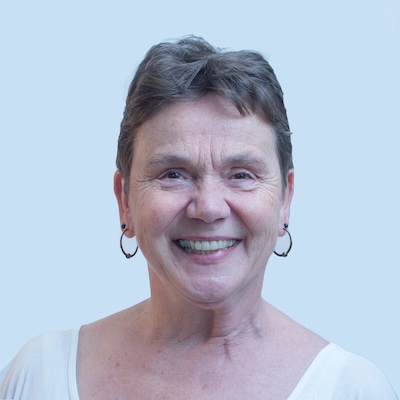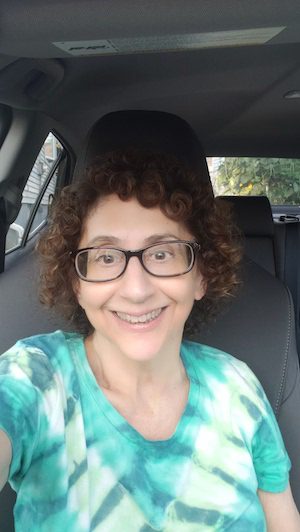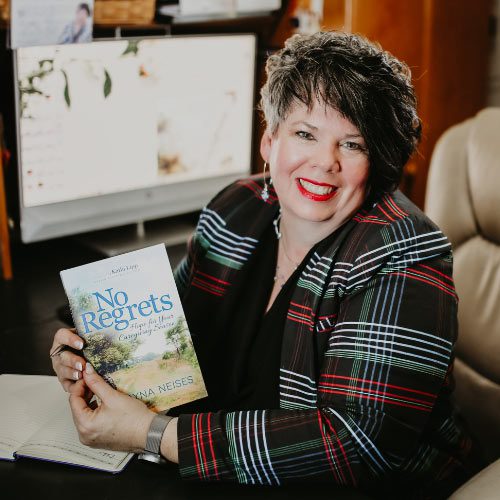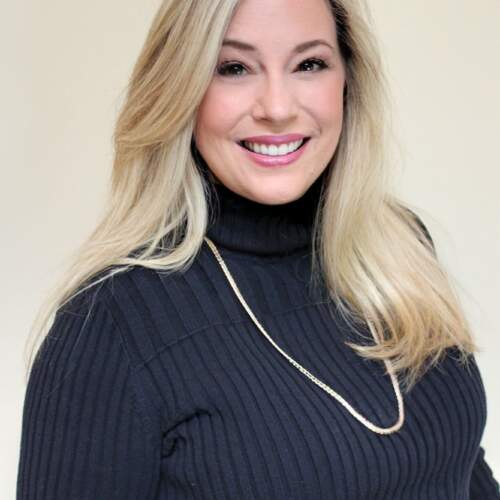What’s a Better Word for Old?
Photo by Carlos Torres on Unsplash
Louise Aronson, a geriatrician and author, points out that older adults have been systematically neglected and underserved by the American healthcare system. This neglect is reflected in our healthcare institutions: Pediatricians and pediatric hospitals to treat children, internists and mainstream hospitals treat adults. For older adults we have…Nursing homes.
The neglect goes deeper. Medical students receive several months of training on pediatric illnesses, but training on older adults can be measured in hours. Yet 40% of hospital patients are older adults. Doctors have guidelines on dosages to administer to children and adults, but – you guessed it – no guidelines on proper dosages for older adults.
Aronson believes one major step toward rectifying these inequities is to give older adults a better name. “A population without a name is a population without visibility and the strength to inspire Innovation, influence policy, and improve human lives,” she says.
What’s In a Name?
Actually, there are lots of names for our age group. They’re just not particularly flattering. For many years we were “mature,” hence Modern Maturity, but that term didn’t age well. (I didn’t know this, but Modern Maturity was the flagship magazine of AARP, and it never died; it simply morphed into the monthly now called AARP – The Magazine.) “Seniors” was the default for decades, but it, too, has gone out of favor. The current term of art is “older adults,” and it is not exactly a zinger. There are other terms that few of us willingly embrace – “geezer,” “crone,” “old fart” – and euphemisms to describe our status, such as “golden years,” “sunset years,” “the last roundup,” and “God’s waiting room.”
Aronson’s term of choice is “elderhood.” In her view there are three major life stages: Childhood, adulthood, and elderhood. Having such a label, she thinks, would put elders on equal footing with the other two.
I like it. It’s a perfectly good label. But a new label is not enough. I say that because I seriously doubt whether most of us in our 60s and 70s or even 80s are comfortable with any label that defines us as old. We reject any suggestion that we are old. How often we hear an older adult furiously resist a move to a “senior community” by saying, “I don’t want to be surrounded by a bunch of old people!”
The larger problem is not the label. It is that we do not want the world to categorize us as old. Because deep in our subconscious minds, we’re ashamed of it, and we’re afraid of it.
Against our better judgment, we have absorbed the highly negative attitudes about old age that permeate our youth-oriented culture. We don’t see ourselves as feeble and vulnerable, and certainly not redundant people of no use above ground. But we fear that if we give in to the forces of Aging, the world around us will see us in just those stereotypical ways.
We have absorbed our culture’s ageism and directed it against ourselves. Rather than fight back against the stereotypes and negative beliefs, we fight instead against wrinkles, gray hair, and gravity. As the famous philosopher Pogo wisely observed, “We have met the enemy and he is us.”
Embracing Elderhood
We need more than a new label. We need a new label we are willing to embrace. Instead of “hating that gray” and other signs of an inevitable, natural process, we should focus our energies fighting the beliefs that have made old age a condition to be ridiculed, feared, and dismissed. Pride in being an “elder,” pride in living a full and vibrant life in “elderhood” is a necessary first step.
There has never been a better time to do this.
“It’s a watershed moment in human history,” Aronson says. “Throughout all human history, we’ve had lots of children, a fair number of adults, and few old people.” Now we are fast approaching a day when those three groups have nearly equal numbers. In such a world, the oldest one-third of the population cannot be ignored.
A new label will help – but only if we embrace our stage of life, applaud it as a positive, and insist that others do the same.

